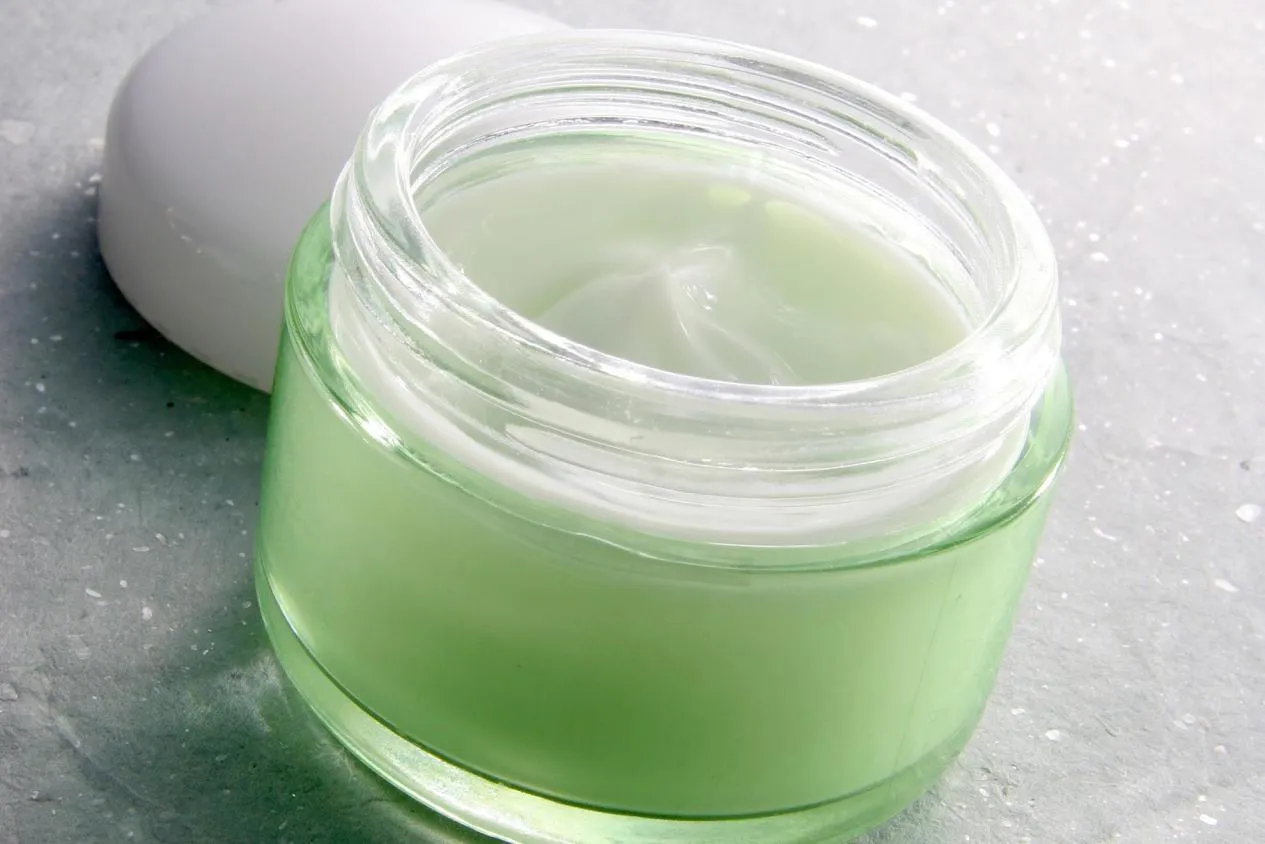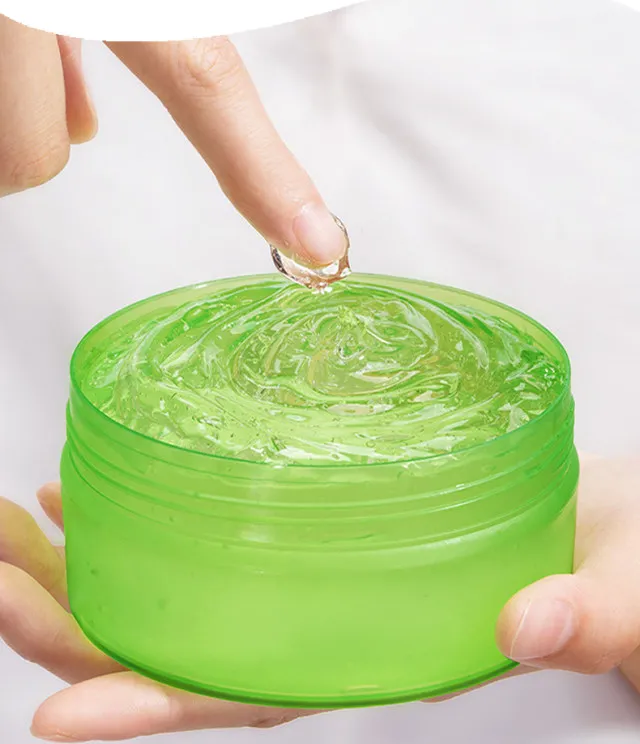
The Ultimate Guide to Hydroxyethyl Cellulose: Applications, Benefits, and Where to Buy
Hydroxyethyl Cellulose (HEC) is a versatile, non-ionic, water-soluble polymer widely used in cosmetics, personal care, pharmaceuticals, and industrial products. Known for its thickening, stabilizing, and film-forming abilities, HEC enhances the texture and performance of various formulations. In this guide, we’ll explore hydroxyethylcellulose uses, its role in cosmetics and skincare, and tips on sourcing hydroxyethylcellulose để bán.

Understanding Hydroxyethyl Cellulose: Properties and Applications
1. How Hydroxyethyl Cellulose Works in Formulations
Hydroxyethyl cellulose in cosmetics plays a vital role as a thickener, stabilizer, and film-former. It improves the texture, viscosity, and stability of creams, lotions, shampoos, and serums. When used in skincare, hydroxyethyl cellulose in skin care provides a silky, smooth texture and helps prevent ingredient separation.
Các hydroxyethyl cellulose INCI name is simply Hydroxyethylcellulose, which appears in the ingredient lists of many cosmetic and skincare products globally.
Another key property is its ability to form gels. A well-balanced hydroxyethyl cellulose gel formulation delivers a clear, smooth, and stable gel, commonly used in hair styling products, face masks, and moisturizing gels.
Popular producers like hydroxyethyl cellulose Ashland are globally recognized for delivering consistent, high-quality HEC products used in premium formulations.

2. Viscosity, Side Effects, and Technical Features
Hydroxyethyl cellulose viscosity varies based on molecular weight and concentration. It can form low to high-viscosity solutions depending on the desired application, offering flexibility in formulation design.
Generally, HEC is safe and well-tolerated. However, in rare cases, hydroxyethyl cellulose side effects may include mild skin irritation or allergic reactions, particularly for those with very sensitive skin.
Chemically, HEC dissolves easily in cold or hot water to create clear solutions but is insoluble in most organic solvents. This water-soluble nature is crucial in both cosmetic and pharmaceutical industries.
For those searching for sourcing options, a common inquiry is where to buy TZKJ hydroxyethyl cellulose, which refers to a popular brand name for HEC manufactured by Dow Chemical .Tangzhi Technology Co., Ltd. This material is widely available through chemical suppliers, specialty cosmetic ingredient distributors, and online marketplaces.

Hydroxyethylcellulose in Cosmetics and Skincare
1. Key Functions in Cosmetics and Personal Care
The demand for hydroxyethyl cellulose in cosmetics continues to grow due to its multifunctional properties:
Acts as a thickening agent for shampoos, conditioners, creams, and gels.
Stabilizes emulsions and suspensions to prevent ingredient separation.
Forms a smooth film that enhances product spreadability and sensory feel.
Provides transparency in gels and liquid products.
In skincare, hydroxyethyl cellulose in skin care helps moisturizers, serums, and lotions achieve a lightweight but stable consistency. It ensures even distribution of active ingredients and improves user experience with a smooth application.
2. Hydroxyethylcellulose Gel Formulation Applications
A typical hydroxyethyl cellulose gel formulation might be found in:
Hydrating facial gels
Hair styling gels
Soothing aloe vera gels
Medical gels for topical use
Its excellent water retention and film-forming abilities make it indispensable for both cosmetic and pharmaceutical gel formulations.
Product FAQs About Hydroxyethyl Cellulose
1. What is hydroxyethyl cellulose used for?
Hydroxyethylcellulose uses include thickening, stabilizing, and film-forming in cosmetics, personal care, pharmaceuticals, and industrial products. It is commonly found in lotions, shampoos, gels, and creams.
2. Is hydroxyethyl cellulose safe for skin?
Yes, HEC is generally considered safe. Hydroxyethyl cellulose side effects are rare but can include mild skin irritation in sensitive individuals.
3. How does hydroxyethyl cellulose affect product viscosity?
Hydroxyethyl cellulose viscosity depends on concentration and molecular weight. It allows formulators to control product thickness from fluid to gel-like textures.
4. Where can I buy hydroxyethyl cellulose?
You can search where to buy Cellosize hydroxyethyl cellulose, which is a trusted brand, or purchase from global suppliers, chemical distributors, or cosmetic ingredient marketplaces.
5. What is the INCI name for hydroxyethyl cellulose?
Các hydroxyethyl cellulose INCI name is simply Hydroxyethylcellulose, which is used universally in ingredient labels.
Conclusion
Hydroxyethyl cellulose is a highly functional, flexible ingredient that enhances the performance and sensory feel of both cosmetic and pharmaceutical products. Whether you're developing a luxurious skincare serum, a stable shampoo, or a soothing gel, understanding hydroxyethylcellulose uses, viscosity behavior, and sourcing options like hydroxyethylcellulose để bán is essential.
Partnering with reputable suppliers like hydroxyethyl cellulose Ashland or sourcing popular products like Cellosize hydroxyethyl cellulose ensures product quality and consistency. If you need assistance with formulation advice or sourcing options, feel free to reach out — we’re here to help.
-
Hydroxypropyl Starch as a Sustainable Construction AdditiveNewsNov.24,2025
-
The Gelation Properties of CMCNewsNov.21,2025
-
Redispersible Latex Powder and Water Retention CapacityNewsNov.21,2025
-
Dosage Control for Polycarboxylate Water ReducerNewsNov.21,2025
-
Film-Forming Properties of Polyvinyl AlcoholNewsNov.21,2025
-
The Function of Gypsum Additives in MortarNewsNov.21,2025





















